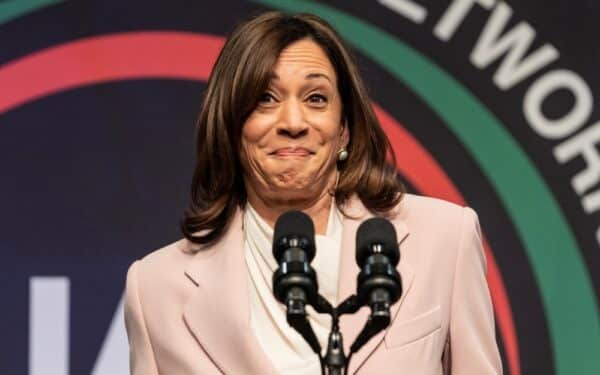In September 2020, at the height of the pandemic, the Zoom video conferencing group had a bigger market value than Exxon, one of the world’s giant oil and gas companies.
Today, Exxon is back in favour and valued at $358bn on the New York Stock Exchange, making it worth some 13 times the value of Zoom.
Zoom is not the only tech company to be hammered by inflation fears or usurped by old-fashioned fossil fuels. Apple’s crown as the world’s most valuable company has been toppled with Saudi’s Aramco taking the top spot. The Saudi oil giant is now worth $2.4trn following the recent surge in oil prices.




